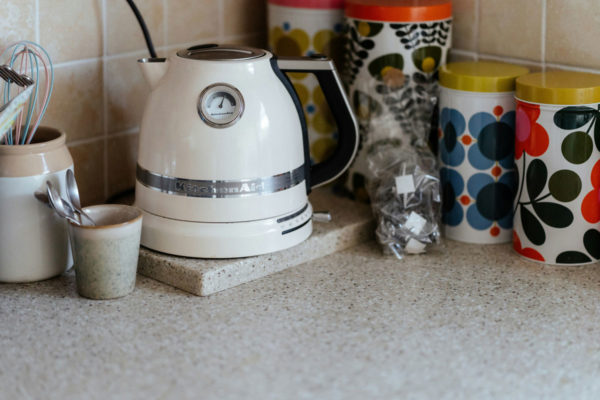
Supported living or group homes
Housing with some support included.










What’s good about supported housing?






What’s bad about supported housing?



How can I get supported living accommodation?



Supported living means living somewhere that has staff to provide support.
There are different options available depending on how much support you need, and whether you want to live with other people.
Some supported living housing offers support for a few hours a day.
If you need more help, there are places that offer 24-hour support.

You could live in a group home where you have your own bedroom, but share other rooms like bathrooms, kitchens and living rooms with other people.
Or you could live in a self-contained flat, with your own kitchen, bathroom and living space. Your flat would be part of a group of homes that share support services.
Supported living can help you learn the skills to live more independently. It can also be a good way to meet other young people with disabilities or additional needs and make friends.
How long can I live there?
This varies. It can be short or long term, depending on your needs. Sometimes it is a home for life, if you follow the rules and pay your rent.
How much does it cost?
The council will check your income to see how much you have to pay. If you aren’t able to work, your benefits will cover your costs.
What’s good:
![]() independence with support
independence with support
![]() build skills
build skills
![]() make friends with other residents
make friends with other residents
![]() usually already adapted and accessible for disabled people
usually already adapted and accessible for disabled people
![]() you can keep benefits like Personal Independence Payment or Universal Credit
you can keep benefits like Personal Independence Payment or Universal Credit
What’s bad:
![]() eligibility criteria – requires an adult social care assessment
eligibility criteria – requires an adult social care assessment
![]() you may have to pay some of your support costs
you may have to pay some of your support costs
How can I get supported living accommodation?
You will need to be assessed by Adult Social Care at the council to see if you meet the eligibility criteria:

